How to Choose the beam moving head light manufacturer and supplier in us?
- Introduction: Why choosing the right beam moving head light partner matters
- What this guide will help you achieve
- Understand your needs before you evaluate manufacturers
- Assess venue type and application
- Define technical requirements (beam angle, intensity, control)
- Estimate lifecycle and budget (CAPEX vs OPEX)
- Key manufacturer selection criteria
- Product quality and R&D credentials
- Certifications, standards compliance, and safety
- Production capacity, lead times, and MOQ
- Quality control and testing procedures
- Warranty, spare parts, and technical support
- Energy efficiency and expected lifespan
- How to evaluate suppliers in the US market
- Manufacturer direct vs US-based distributor: pros and cons
- Logistics, import, and inventory strategy
- Local compliance and on-site services
- Practical comparison tables: match specs to decisions
- Typical application vs recommended beam moving head light specs
- Manufacturer vs US Supplier: quick decision matrix
- Why LQE is a suitable partner for US buyers of beam moving head light
- LQE’s manufacturing strengths and fit for global supply
- Product range and target markets
- Service commitment and cost-effectiveness
- How to test and validate beam moving head light samples
- Request measurable data and test units
- Run operational checks and field simulations
- Negotiation and procurement tips
- Clarify MOQ, pricing tiers, and payment terms
- Include service-level agreements and spare parts commitments
- Conclusion: Make a decision based on verified data and service
- Final selection checklist
- Next steps for procurement
- References and sources
Introduction: Why choosing the right beam moving head light partner matters
What this guide will help you achieve
Choosing the right beam moving head light manufacturer or supplier in the US is critical for production reliability, show quality, and long-term cost of ownership. This guide explains the selection criteria venues, rental companies, production houses, and integrators typically search for—covering technical specs, quality assurance, certifications, logistics, and supplier relationships—so you can make a confident, commercially sound decision.
Understand your needs before you evaluate manufacturers
Assess venue type and application
Decide where the beam moving head light will be used: large arenas need high-throw beams and powerful optics; theaters prioritize color fidelity and silent operation; clubs often require compact, bright fixtures with fast movement. Matching fixture capabilities to application ensures you buy the right product, not just the cheapest.
Define technical requirements (beam angle, intensity, control)
Document essential parameters: beam angle (e.g., 1.5°–5° for narrow-beam effects), luminous output (reported in lumens or lux at distance), color temperature and color mixing (CMY or RGBW), control protocols (DMX512, RDM, Art-Net, sACN), pan/tilt speed, and gobo/wheel options. Having a tech spec list streamlines supplier comparisons and sample testing.
Estimate lifecycle and budget (CAPEX vs OPEX)
Consider total cost of ownership: LED beam moving head light fixtures typically offer longer lifespans and lower energy use than discharge-lamp models. Account for energy, maintenance, lamp replacement, spare parts, and expected service life when comparing quotes.
Key manufacturer selection criteria
Product quality and R&D credentials
Look for manufacturers with an established R&D team and patent portfolio—these indicate design maturity and innovation. Patents, documented photometric testing (IES files), and published technical specs reduce risk when procuring beam moving head light fixtures.
Certifications, standards compliance, and safety
Ensure fixtures meet relevant certifications for your market: CE and RoHS for EU distribution, UL/ETL for the US, FCC for emissions, and IP ratings for outdoor use. Compliance reduces customs hold-ups and protects your liability exposure.
Production capacity, lead times, and MOQ
Manufacturing capacity and standard lead times matter for large orders or quick turnarounds. A producer that can scale—either in-house or via approved partners—helps meet seasonal demand. For example, LQE’s production base covers about 10,000 sqm with the ability to produce 100,000 fixtures annually, which supports large OEM/OEM orders and reasonable lead times.
Quality control and testing procedures
Ask about quality systems (e.g., ISO 9001), testing labs, and routine checks: photometric tests, thermal stress, vibration, burn-in procedures, and EMC testing. Robust QC lowers failure rates in the field, reducing downtime and warranty claims.
Warranty, spare parts, and technical support
Compare warranty terms (commonly 2–3 years for professional fixtures), availability of spare parts, and response times for technical support. Local US-based support or stocking partners speeds repairs and restores units faster during tours or events.
Energy efficiency and expected lifespan
LED beam moving head light engines commonly offer rated lifespans of 30,000–50,000 hours and can reduce energy use versus traditional discharge lamps. Ask for measured power draw, lumen maintenance (L70), and empirical data for real-world cost modeling.
How to evaluate suppliers in the US market
Manufacturer direct vs US-based distributor: pros and cons
Buying direct from a manufacturer (often in Asia) can lower unit cost and allow OEM customization, while US-based suppliers or distributors offer local stock, quicker shipping, warranty service, and established resale relationships. Choose based on priorities: cost and customization vs speed and local support.
Logistics, import, and inventory strategy
Verify shipping options, customs experience, lead times, and whether the supplier offers US-based warehousing or drop-ship services. For rental houses and touring productions, local inventory and spare parts availability are essential.
Local compliance and on-site services
US customers often require UL/ETL-listed fixtures and on-site technical assistance. Confirm whether the supplier provides field service training, installation support, or certified technicians in your region.
Practical comparison tables: match specs to decisions
Typical application vs recommended beam moving head light specs
| Application | Beam Angle | Typical Power | Key Feature |
|---|---|---|---|
| Arenas / Stadiums | 1.5°–5° | 600W–1500W equivalent LED engines | High throw, tight beam, strong optics |
| Theater / Opera | 3°–12° | 200W–800W | Quiet operation, smooth dimming, accurate colors |
| Concert / Touring | 1.5°–8° | 400W–1200W | Robust build, fast pan/tilt, power-conserving LEDs |
| Nightclub / Events | 5°–30° | 100W–500W | Compact, bright effects, high refresh rate |
Manufacturer vs US Supplier: quick decision matrix
| Criteria | Manufacturer (direct) | US Supplier / Distributor |
|---|---|---|
| Unit Price | Typically lower | Typically higher (includes margin) |
| Customization | High (OEM/ODM) | Limited |
| Lead Time | Longer (production + shipping) | Shorter if stocked locally |
| Warranty Service | Managed via factory | Local returns & faster service |
| Logistics Complexity | Higher (imports) | Lower |
Why LQE is a suitable partner for US buyers of beam moving head light
LQE’s manufacturing strengths and fit for global supply
LQE was founded in 2008 and is headquartered in Foshan, China. We are a professional OEM/ODM stage lighting equipment manufacturer specializing in the R&D, production, and sales of middle- and high-end digital stage lighting. Our production base covers an area of about 10,000 square meters, has the ability to produce 100,000 lighting fixtures annually, and holds 80 national patents. These strengths support consistent quality, volume flexibility, and rapid iteration for custom requirements.
Product range and target markets
LQE’s product lineup includes various moving head lights and static fixtures suitable for theaters, music concerts, studios, broadcasting, religious venues, exhibitions, nightclubs, leisure venues, and theme parks. This breadth helps US customers procure integrated lighting packages for mixed-use deployments or touring applications.
Service commitment and cost-effectiveness
LQE emphasizes first-class modern stage lighting equipment and strong customer service while maintaining cost-effectiveness. For US buyers, LQE can provide OEM/ODM customization and competitive pricing, and can work with local distributors or establish service channels to reduce support latency.
How to test and validate beam moving head light samples
Request measurable data and test units
Ask for IES files, photometric charts, lumen output at distance, beam angle diagrams, and power draw. Test samples under your operating conditions: quietness on low speeds, thermal behavior under long runs, and robustness during transport (vibration tests).
Run operational checks and field simulations
Test DMX addressing and compatibility with your desks (DMX512, RDM, Art-Net), run color-mixing scenarios, evaluate gobos and prism functions, and perform blackout/startup cycles. Document failures and request corrective plans before placing large orders.
Negotiation and procurement tips
Clarify MOQ, pricing tiers, and payment terms
Negotiate Minimum Order Quantity (MOQ), establish volume discounts, and set transparent payment terms (e.g., deposit + balance on shipment). For OEM work, secure IP agreements and drawings in the contract.
Include service-level agreements and spare parts commitments
Specify warranty duration, RMA procedures, lead times for critical spares, and turnaround times for repairs. Consider stocking essential spares locally to minimize downtime during events.
Conclusion: Make a decision based on verified data and service
Final selection checklist
Select a beam moving head light partner by combining technical fit, proven quality, certifications, service capability, and total cost of ownership. Whether you choose a direct manufacturer for cost and customization (like LQE with strong OEM/ODM capabilities) or a US-based supplier for local support, validate claims with samples, test data, and clear contractual guarantees.
Next steps for procurement
Compile your venue/application specs, request detailed quotes and samples, verify certifications and testing records, and negotiate warranties and spare part agreements. Following this approach minimizes risk and ensures your lighting package performs reliably for years.
References and sources
- U.S. Department of Energy – Reports on LEDs and energy efficiency
- IES (Illuminating Engineering Society) – Photometric standards and IES file usage
- USITT/ANSI DMX512-A standard documentation
- ETC (Electronic Theatre Controls) product and application guidance
- Industry manufacturer whitepapers on LED lifespan and lumen maintenance
- LQE company profile and manufacturing data (company-provided information)
Top affordable stage lighting Manufacturers and Suppliers in us
How to Choose the outdoor stage lighting manufacturer and supplier in us?
Mounting and Rigging Safety for Moving Head Fixtures
Best par can stage lights manufacturers and supplier brands in us
1000w
Do You Supply After-Sale Service?
LQE lighting offers 7x24 hrs systematic SOP customer support with dedicated personnel, ensuring quick and comprehensive assistance for stage lighting needs.
What Kind of Certificates You Offer?
All kinds of certificates could be offered by LQE digital moving light factory, which depends on customer’s required, different pricing plan for different approval.
Does LQE Offer a Stage Light Design Solution?
LQE experienced team glad to supply a stage lighting configuration design solution or suggestion for projector who don’t have much experience in lighting design, project, theatre and studio.
Distributor
Can LQE help with product training and technical guidance?
Absolutely. We offer remote training sessions, user manuals, installation guides, and continuous technical support to help your team understand and sell our products with confidence.
What is your typical lead time for distributor orders?
Our standard production lead time is 15–30 working days depending on order volume and customization requirements. For stocked models or repeat orders, we can offer shorter delivery times.
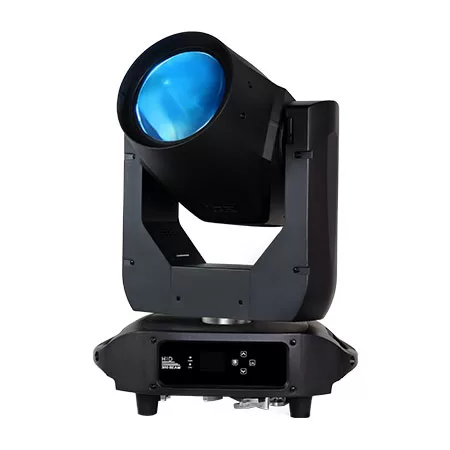
Stage Moving Head Beam Light LB380
It has a special optical design to ensure that the beam of light is full and the spot is uniform during projection. The unique streamlined appearance design makes it have a higher scanning speed and an automatic error correction function.
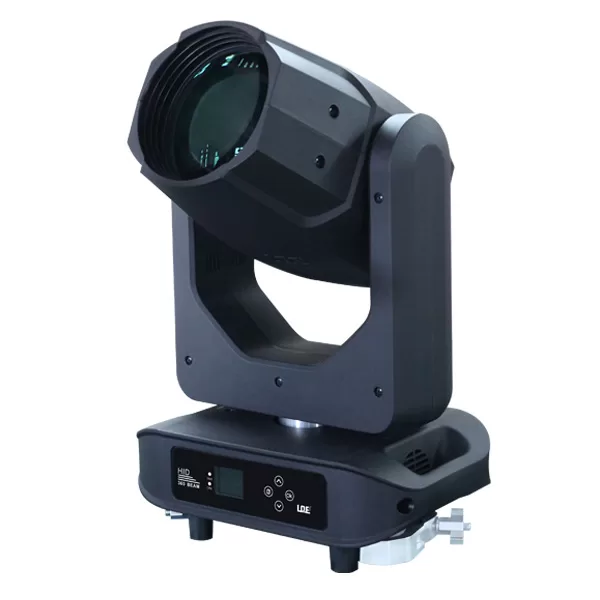
Stage Moving Head Beam Light LB300
It has a special optical design to ensure that the beam of light is full and the spot is uniform during projection, with an extra compact and 2° sharp beam output. LB300 moving head beam come with an extra compact but sharp beam output, and the narrow beam angle 2° make it more focus and gives it stronger penetration, making it quite suitable for small venue, like s, bars, small st small stages, studios, wedding halls, church, etc.
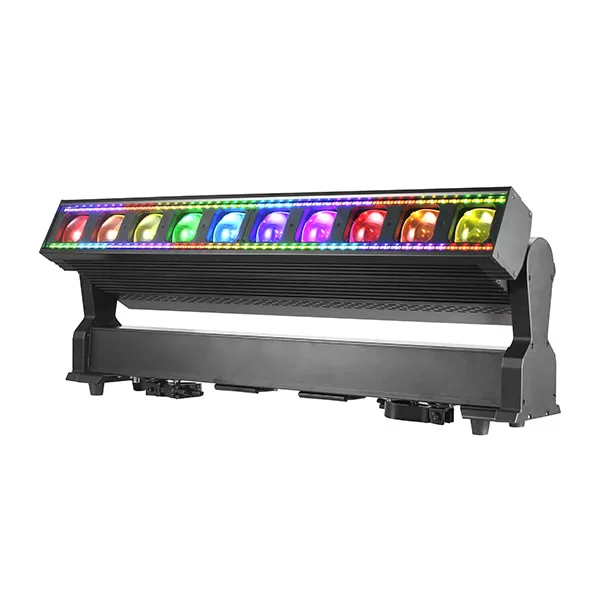
Waterproof LED 10x60w moving beam batten ip65
This high-power moving head beam light uses 10 60W LED high-power RGBW LED sources, plus 288 small LED multichips as an auxiliary light arrangement, which can change into a variety of effects. The beam angle of the whole lamp is designed to be 5-17 degrees, making the application scenarios of this lamp diverse and flexible, with each LED controlled individually. It can not only produce a penetrating beam but also be used for scene coloring. One lamp has two uses, saving costs for your design, and is suitable for any scene, regardless of wind and rain.
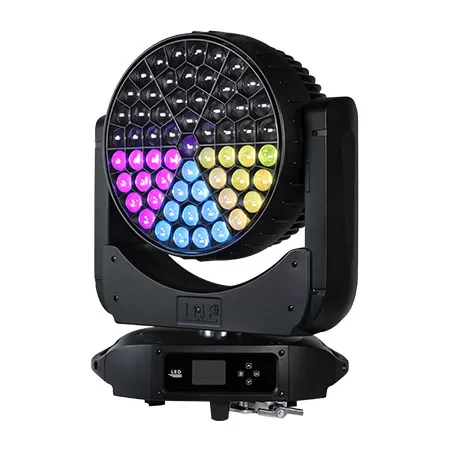
1000w 61x40w RGBW Stage Moving Head Wash Light LW1000
1000W 61x40W LED RGBW Mulichips Moving Head Wash Lights with Zoom (5°–50°), Covering Large Range and Long Distance. Designed to deliver a 5°–50° ultra-large zoom range to achieve a greater wash effect, illuminating stages and events with stunning lighting effects.

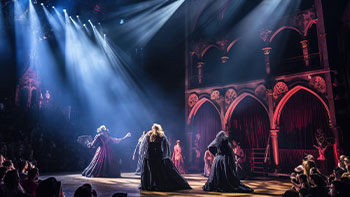
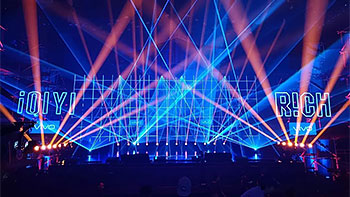
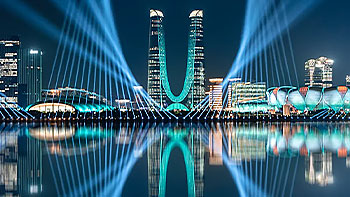
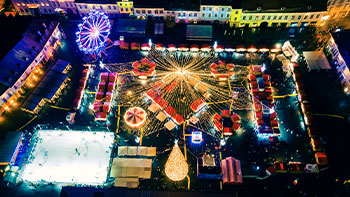
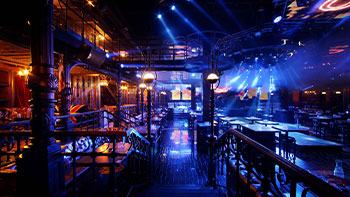
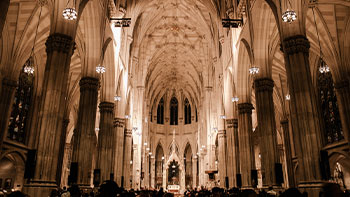






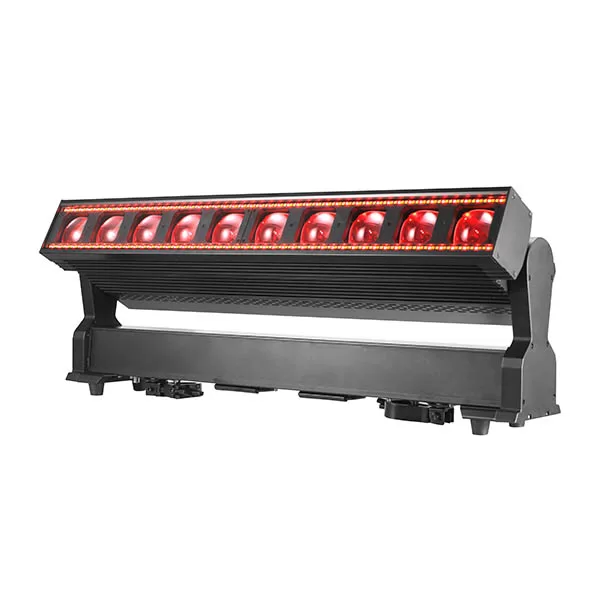
Linkedin
YouTube
Whatsapp: +8618924548390
TikTok